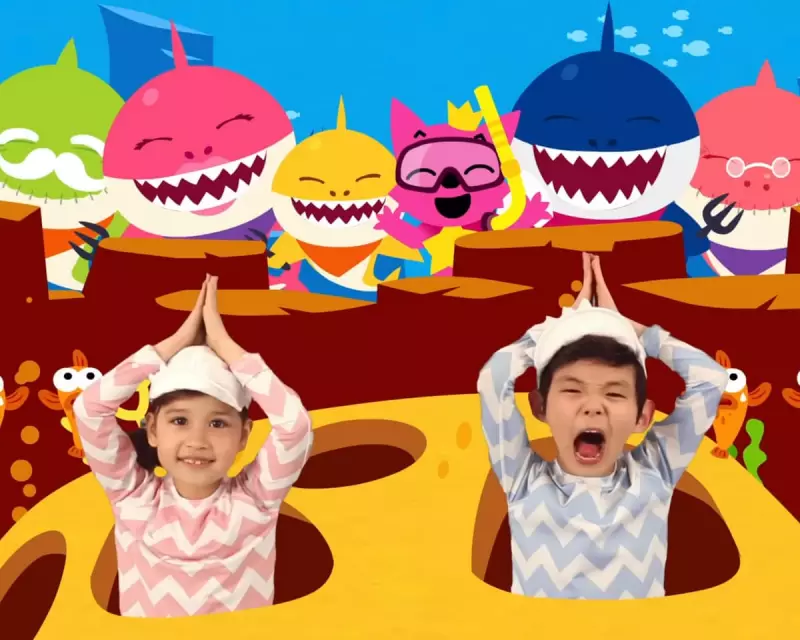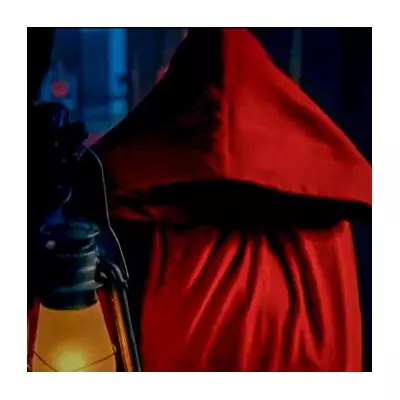
A South Korean court has rejected a US composer's claim that the globally popular children's song 'Baby Shark' was plagiarised from his work, bringing an end to a contentious legal dispute.
The ruling, delivered on Thursday, stated there was insufficient evidence to prove copyright infringement by the South Korean entertainment company Pinkfong, which created the viral sensation.
The Legal Battle
The US composer had alleged that 'Baby Shark' bore striking similarities to a composition he created decades earlier. However, judges found the two melodies distinct enough to dismiss the plagiarism accusation.
Legal experts note this case highlights the challenges of proving musical copyright infringement, particularly with simple, repetitive tunes common in children's music.
Cultural Phenomenon
Since its 2016 release, 'Baby Shark' has become a global phenomenon, amassing billions of views on YouTube and spawning merchandise, live shows, and even fitness crazes. The court's decision protects Pinkfong's continued commercial exploitation of the brand.
The song's simple structure and catchy hook have made it particularly effective for young audiences, though this same simplicity contributed to the legal dispute.
Industry Implications
This ruling may set a precedent for similar cases involving short, repetitive musical phrases common in children's entertainment. Copyright experts suggest it reinforces the principle that basic musical ideas cannot be monopolised.
The entertainment industry will be watching closely as viral content and intellectual property rights continue to collide in the digital age.





